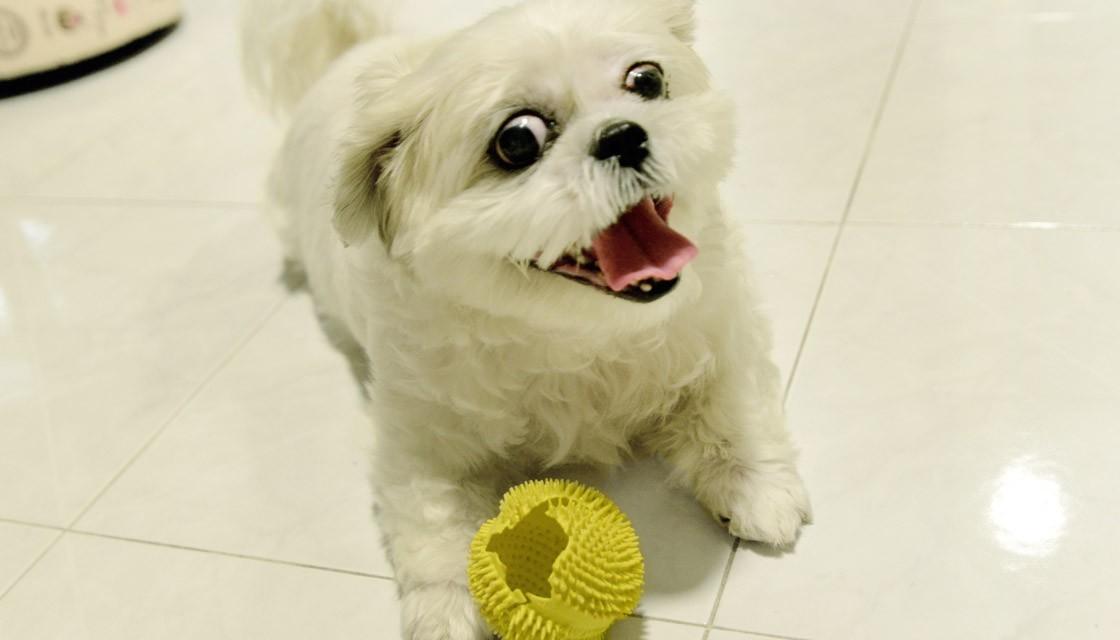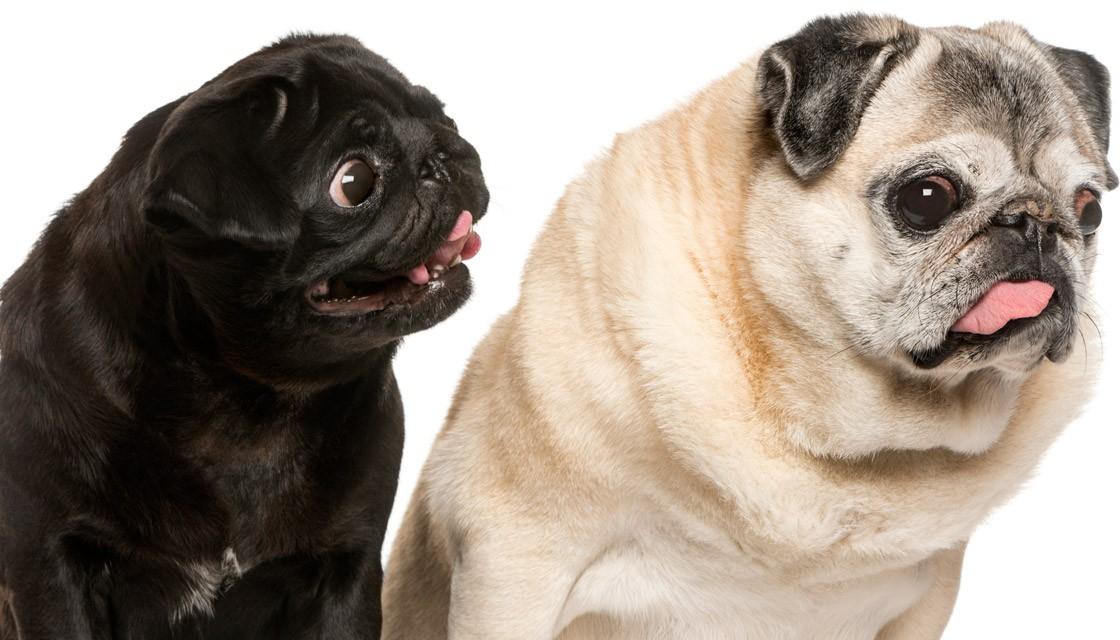Dogs aren't any more intelligent than most other animals, new research has found.
In fact, they're not really any more clever than cats.
Researchers at the UK's University of Exeter and Canterbury Christ Church University looked at more than 300 scientific papers analysing animals' abilities, and found dogs were matched or surpassed in almost every category.
"During our work it seemed to us that many studies in dog cognition research set out to 'prove' how clever dogs are," said Prof Stephen Lea of the University of Exeter.
"They are often compared to chimpanzees and whenever dogs 'win', this gets added to their reputation as something exceptional. Yet in each and every case we found other valid comparison species that do at least as well as dogs do in those tasks."
- Scientists discover dogs have a language based on gestures
- Internet shocked by dog with strikingly humanlike face
Take smell, for example. Dogs are prized for their olfactory abilities, which are put to good use in law enforcement and border security. But the researchers found their sense of smell can be overridden by something as simple as a human pointing in the opposite direction.
The new research, published in journal Learning & Behavior, detailed other animals that have comparable skills.
"Cats can discriminate their own from others' kittens by smell... Among domesticated animals, the pig's olfactory abilities are outstanding and might even be better than the dog's, and pigs can also discriminate between familiar and unfamiliar people's smell. Horses can identify [other horses] based on faeces' smells.
"So the olfactory performance of dogs is not that extraordinary among two of their comparison groups, carnivorans and domestic animals."

Dogs' whiskers are less sensitive than those belonging to cats and seals, and their ability to tell humans' faces apart is about equal to chimpanzees, pigeons and sheep.
When it comes to sound, yes, dogs can hear really high notes - but when it comes to understanding what's been said they're apparently not significantly better than cats or ferrets, and lag well behind chimpanzees and bonobos.
No dog has ever been recorded spontaneously deciding to use a tool, so they're behind crows, apes, elephants, otters, alligators, octopuses, crabs and even some ants in that regard.
"The nearest is a claim... that a captive dingo spontaneously moved a table around its enclosure in order to obtain out-of-reach food," the study says.
The researchers found dogs' ability to know which cardinal direction they're facing when having a poo didn't seem to translate into any great navigational skill.
"Dogs have shown good performance, but the same is true of other species in all our comparison groups, and we have no evidence that they stand out as exceptional in this domain... Pigeons' homing capacities far exceed anything that we have experimental evidence for in dogs."
Though people like to teach their dog tricks like roll over and sit, the researchers said there's no evidence the dog actually understands what it's doing or why, except that it pleases the master.
"Qualitatively speaking, they have not demonstrated any capacities that have not also been shown in other social hunters, and dolphins and chimpanzees show clearer evidence of motor imitation."
As for whether dogs understand theory of mind, they said while canines seem able to learn not to trust humans who regularly lie about where their food is, goats and pigs can too.
"Chimpanzees are more likely than dogs to solve tasks requiring perspective taking... Chimpanzees are more likely than dogs to show evidence of deception or empathy."

And whether dogs can retrieve memories in the same way humans can - otherwise known as "mental time travel" - there's no evidence dogs can do it, but it's believed chimps and dolphins can.
Which leaves us with taste - finally, something for dogs to bark about. Cats can't really taste sweet flavours, since their diet is solely meat, so dogs win this round - at least they would if it weren't for badgers and bears, which scientists believe are far more sensitive to sweetness (which might explain Pooh's fondness for honey).
"Dog cognition does not look exceptional," said Britta Osthaus of Canterbury Christ Church University.
"We are doing dogs no favour by expecting too much of them. Dogs are dogs, and we need to take their needs and true abilities into account when considering how we treat them."
Newshub.
